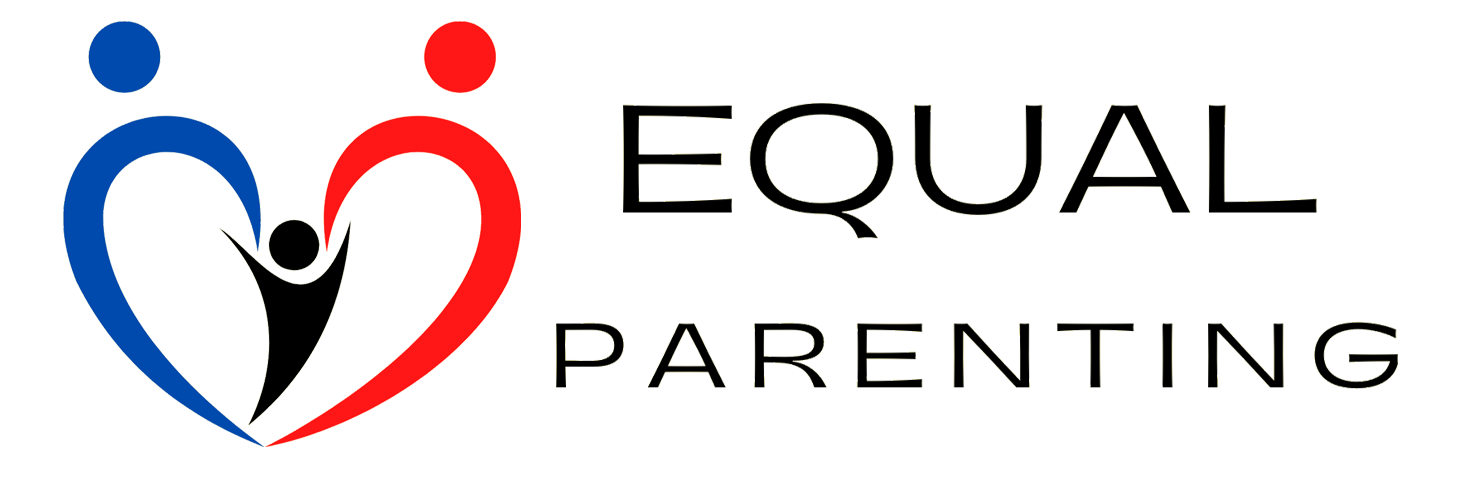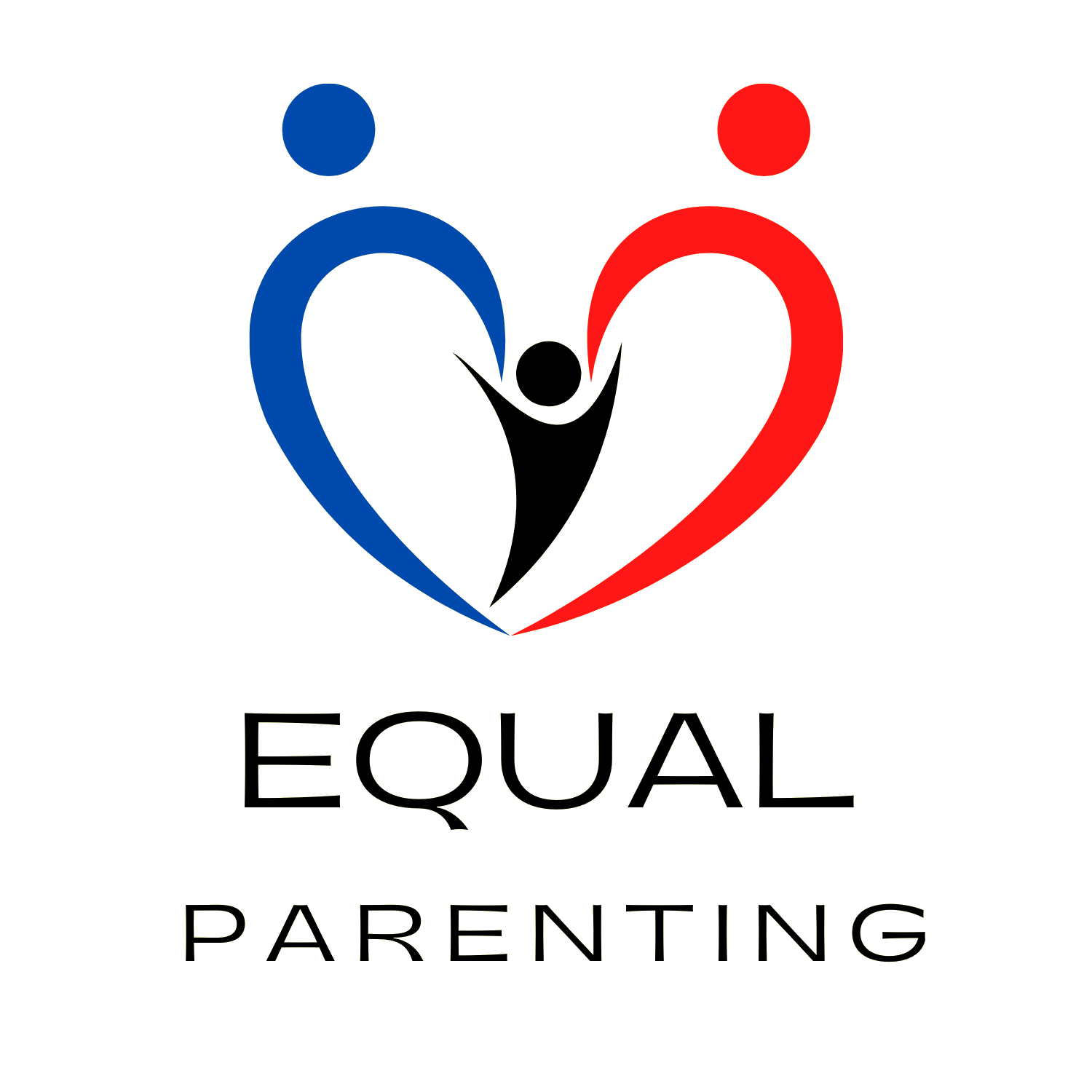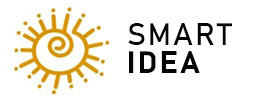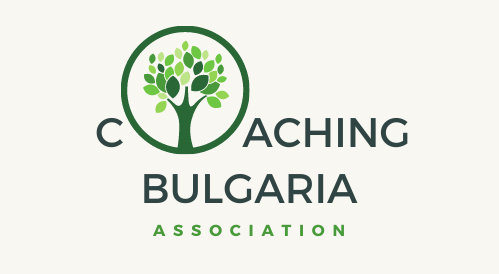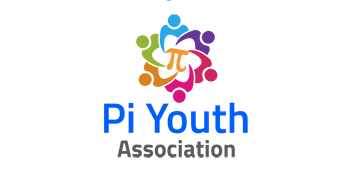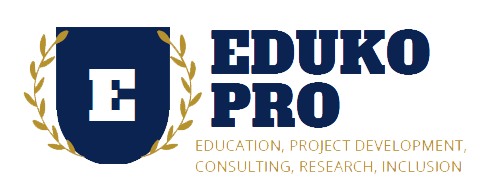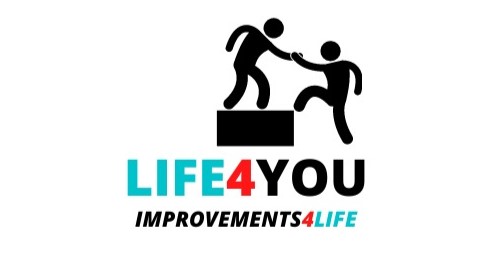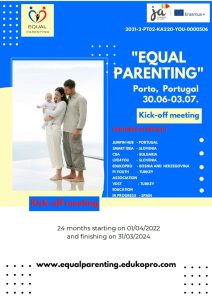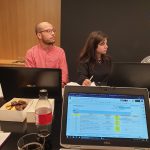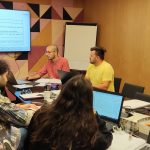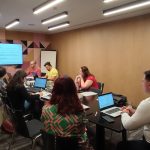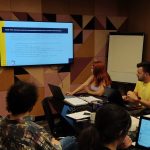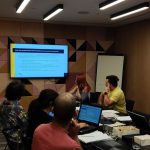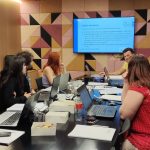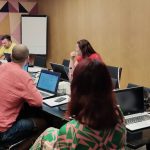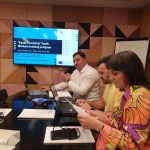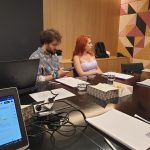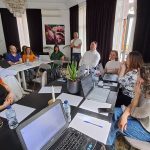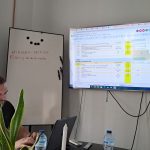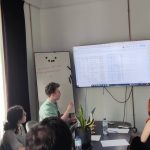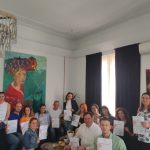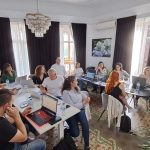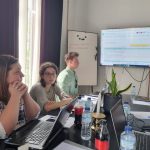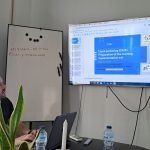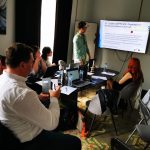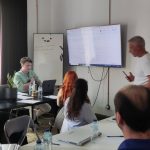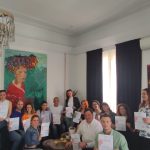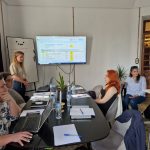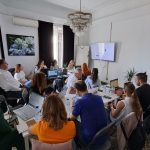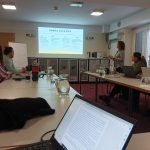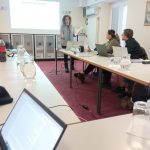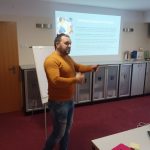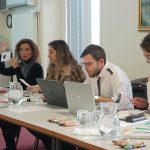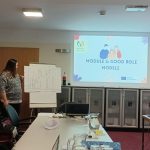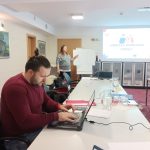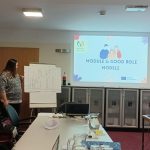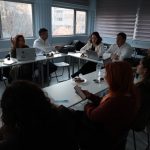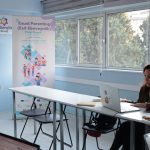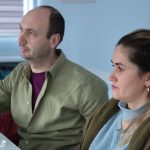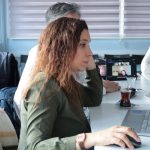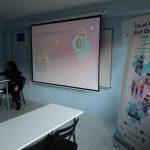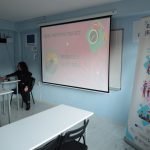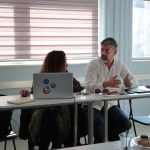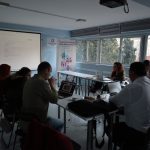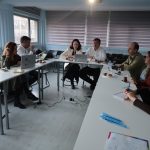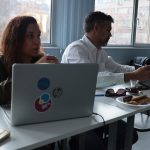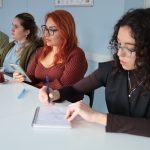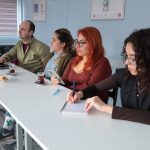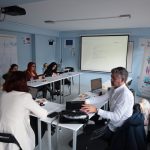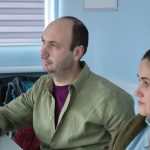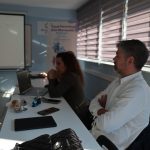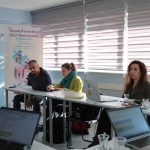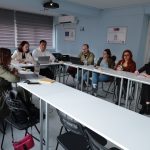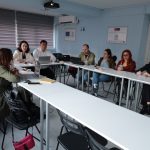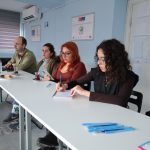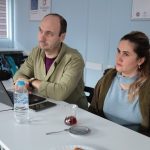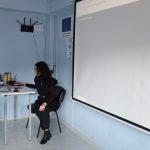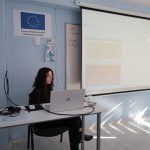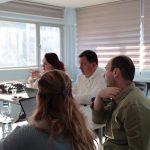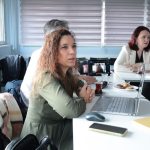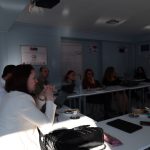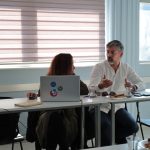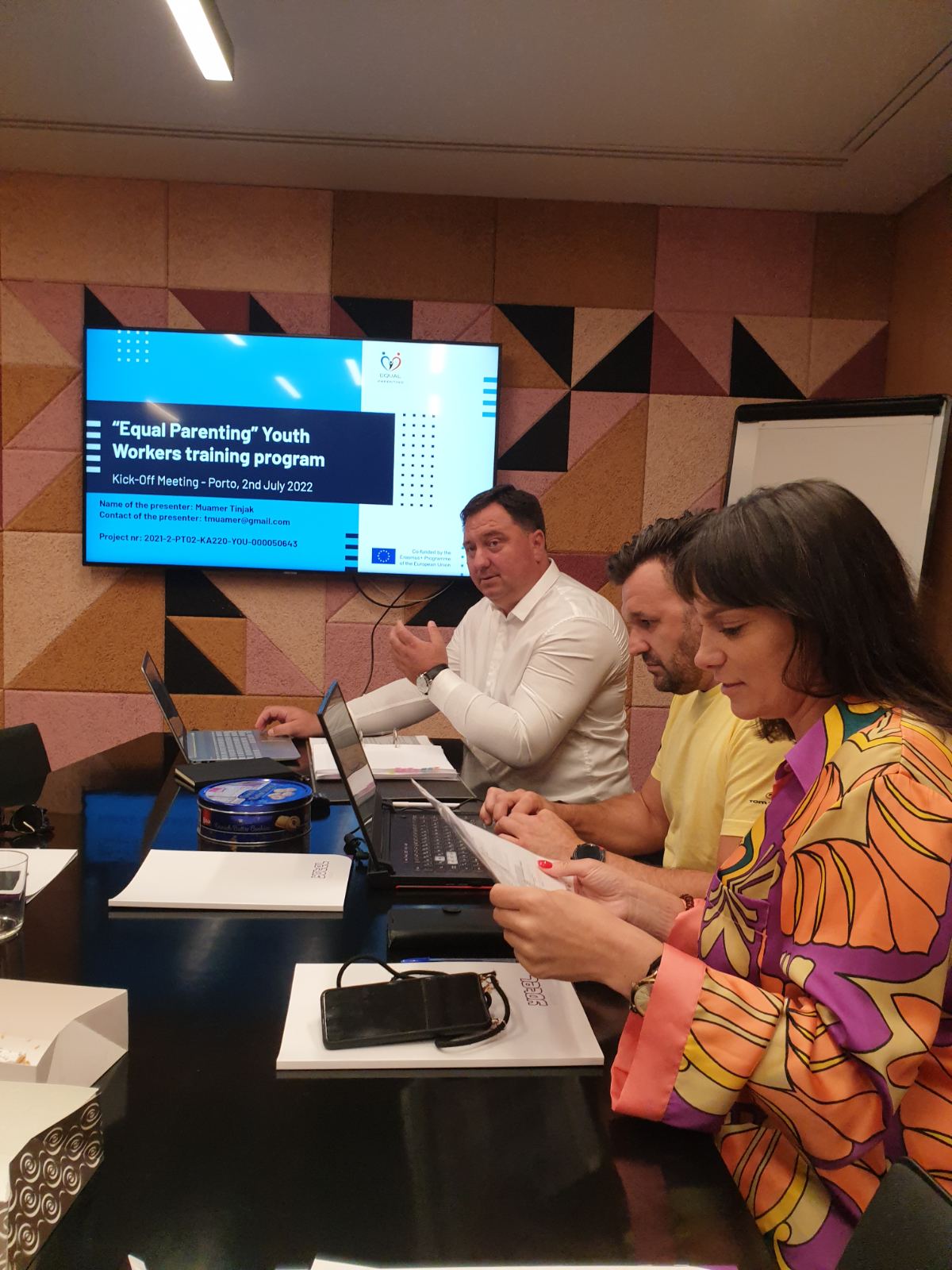
Education about equal parenting
Data from 2010 shows that only 2.7 % of men took parental leave, although men’s leave was not the same across all Member States(Briefing European Parliamentary Research Service). Regarding gender, young women are more likely than men to be NEET. The odds ratio interpretation shows that young European women are 62% more likely than men to be NEET because of family responsibilities. (Origins and future of the concept of NEETs in the European policy agenda).
Solution
Equipping youth with skills of equal parenting
The future of the family, and therefore that of humanity, is in the hands of the parents. Children who are raised in a balanced environment will make society as a whole brighter. Before they become adults, youth need to be prepared; therefore, they must understand how to be parents. We can accomplish this by dismantling gender stereotypes and educating youngsters about parenting influenced by culture, beliefs, and heritage.
Providing training to youth and students on gender equality
In many countries, gender equality is not taught in schools. However, even if they are interested, some individuals will not learn about it after high school. Educating young people about gender equality is essential. It will have a long-term influence on how they think about women’s rights, domestic violence, and other issues relating to gender inequality.
The target group
Youth 18+
Youth workers/Trainer
Approach
- Analysing and selecting of good practices of equal parenting process across Europe
- Creation of educational manual on parenting
- Preparing the training programme for the youths workers
- Implementations of the training program in every partner country (local workshops)
- The digitalization of the Youth workers training program for the Online Educational Resource
- Developing e-learning educational resource
- Create awareness of equality in parenting and promote it by using creative problem-solving videos
RESULTS
PR1- Manual of good practices in Equal parenting
Youth workers and leaders often face the challenge of finding innovative, comprehensive, and up-to-date educational programs that teach equality in parenting. These programs are crucial for their work with young adults, who need to learn about balanced parenting roles to build happier and more equitable families. Our project result, the “Equal Parenting” manual of good practices, aims to fill this gap by providing a variety of effective methodologies and activities tailored for youth centers and associated partners.
Within Project Result 1, we developed a Consolidated Report and Gap analysis of the state of art of Equal Paretning, and a Manual of Good Practices in Equal Parenting. These results aim to significantly enhance the capabilities of youth workers by providing them with impactful and contemporary practices. These practices will help break down stereotypes about mother and father roles, promote equal opportunities for work and leisure, and encourage domestic collaboration. By integrating expert insights from different countries, our resources offer new perspectives that help prevent or reduce inequalities in parenting. Ultimately, this will contribute to family well-being and a more balanced society.
PR2- Educational content for equal parenting (Theory)
Youth workers often lack training on how to teach young adults about equal parenting, and there are no lessons for young adults on how to share responsibilities equally, irrespective of gender. This project result aims to bridge this gap by developing a comprehensive training program for youth workers and educational content for young adults. It will help youth workers understand the nuances of equal parenting and equip them with the tools and methodologies to communicate these concepts effectively.
This project result focuses on creating a train-the-trainers program for youth workers and lessons for young adults. It builds on the knowledge compiled in Project Result 1, adding innovative techniques and tools not typically found in existing curricula. The program includes real-life case studies and problem-solving exercises to provide practical, hands-on learning experiences. This Project’s Results is foreseen to have a significant impact by raising awareness about the importance of equal parenting and helping to break down gender stereotypes. It will provide youth workers with various methodologies, best practices, and real-life experiences to enhance their teaching. Additionally, it will improve the ability of participants to share their knowledge with others, thereby fostering a culture of equality in parenting.
PR3- Youth Workers training program (Train the trainer)
The Project Result 3 – Youth Workers Training Program focuses on preparing youth workers through a structured training methodology. The program includes materials and guidance to ensure that participants are well-equipped to handle the topic of equal parenting. A guidebook on using online resources is als provided, and all materials are translated into the languages of the partner countries.
Youth workers often struggle with the lack of training programs that adequately address the complexities of equal parenting. This project result aims to fill that gap by developing a comprehensive train-the-trainers program. This program will equip youth workers with the necessary knowledge, techniques, and tools to effectively train young adults on equal parenting, fostering a positive mindset and empathy.
